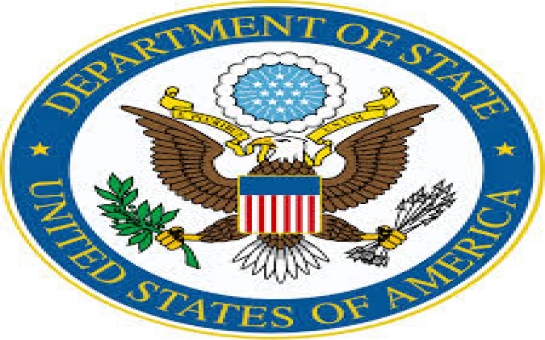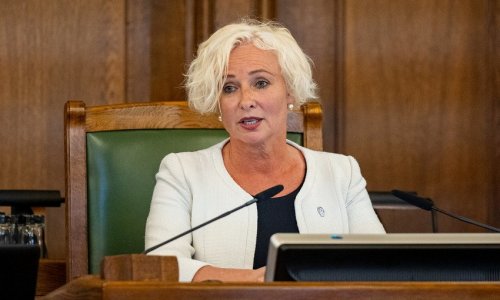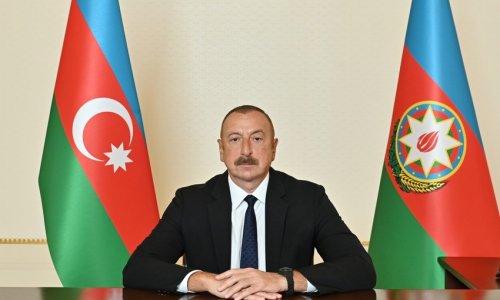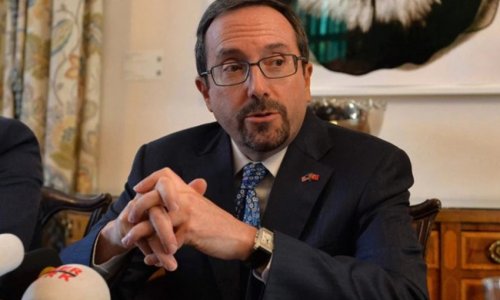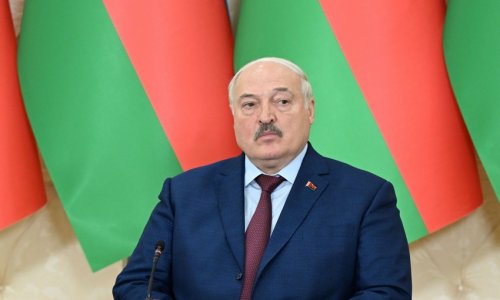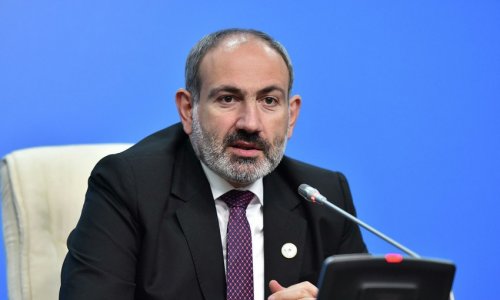The following is an excerpt from the Azerbaijan section of the US Department of State’s “Country reports on human rights practices for 2013”:
The Azerbaijani constitution provides for a republic with a presidential form of government. Legislative authority is vested in the Milli Mejlis (parliament). The president dominated the executive, legislative, and judicial branches of government. The October 9 presidential and 2010 parliamentary elections did not meet a number of key standards of the OSCE for democratic elections. Although there were more than 50 political parties, the president’s party, the Yeni Azerbaijan Party, dominated the political system. Separatists, with Armenia’s support, continued to control most of Nagorno-Karabakh and seven other Azerbaijani territories. The final status of Nagorno-Karabakh remained the subject of international mediation by the OSCE Minsk Group, cochaired by Russia, France, and the United States. Authorities maintained effective control over the security forces. Security forces committed human rights abuses.
The most significant human rights problems during the year were:
Increased restrictions on freedoms of expression, assembly, and association, including intimidation, arrest, and use of force against journalists and human rights and democracy activists online and offline. Prior to the official presidential election campaign period, the government approved only a handful of applications for peaceful protests, limited approved demonstrations mainly to inconvenient locations, forcefully dispersed unsanctioned protests, and often detained demonstrators. Five opposition rallies, however, took place in Baku at an accessible site during and after the campaign period with limited or no interference. Amendments adopted during the year further restricted NGO financing. Following the October 9 presidential election, authorities launched a criminal investigation against two election monitoring NGOs, the Election Monitoring and Democracy Studies Center (EMDS) and the International Cooperation of Volunteers (ICV) Public Union, arrested the EMDS chairman, and banned the EMDS executive director and the ICV chairman from leaving the country.
Restrictions on the right of citizens to change their government peacefully. Flaws in the conduct of the October 9 presidential election included a repressive political environment leading up to election day, lack of a level playing field among candidates, significant shortcomings throughout all stages of election-day processes, and a complaints and appeals process lacking impartiality.
Unfair administration of justice, including increased reports of arbitrary arrest and detention, politically motivated imprisonment, lack of due process, executive influence over the judiciary, and lengthy pretrial detention for individuals perceived as a threat by government officials, while crimes against such individuals or their family members went unpunished. Authorities failed to provide due legal process with regard to property rights, resulting in forced evictions, demolition of buildings on dubious eminent domain grounds, and inadequate compensation for property taken by the state. Allegations of widespread corruption at all levels continued, although the presidential administration took significant steps to decrease corruption by public service providers in Baku.
ANN.Az

